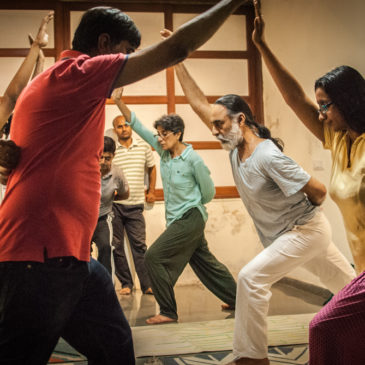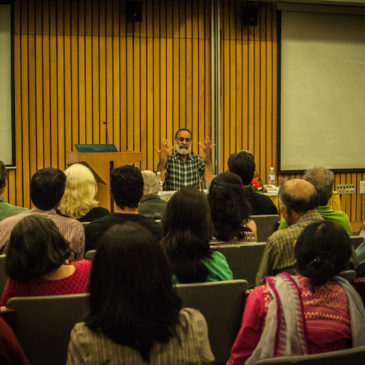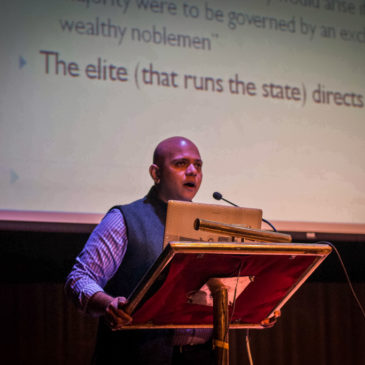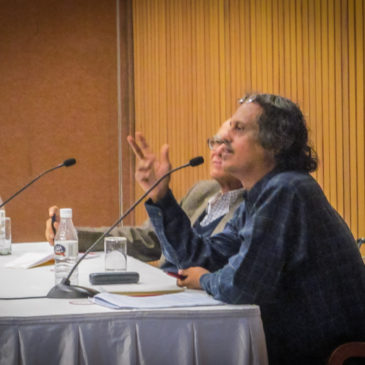“Media and Responsibility.” Democracy is unimaginable without a free press. However, what kind of free press, and how much ‘free’ a press is, are questions based on the political and cultural understanding of each democratic tradition.Therefore, in theory and practice, there is increasingly very little consensus, from country to country, on what freedom of press is. In the United States, one of the oldest democracies, the first constitutional amendment categorically protected freedom of press, stopping the Congress of abridging the freedom of speech and press. In contrast, in India, the first amendment famously reduced freedom of press, a fundamental right, to a negotiable one for the government. The constitution brought it under the clutches of the innumerable state laws conceived by the British colonial government. The questions on the freedom of the press, and the responsibility of the press did not quite recover from such early onslaughts. And with many dubious and corruptible ethical conducts in the decades thereafter, our press model very easily fluctuated between totalitarian and libertarian models. The lack of a free and fair press model framework continues to be the hallmark of Indian press. This talk will briefly trace the historiography of the debate on the press and its responsibility, and the need for a theoretical and philosophical framework suited for India. From inadequacies in the newsrooms to structural problems in the news industry, how does one start a conversation on a “democratic press”?





